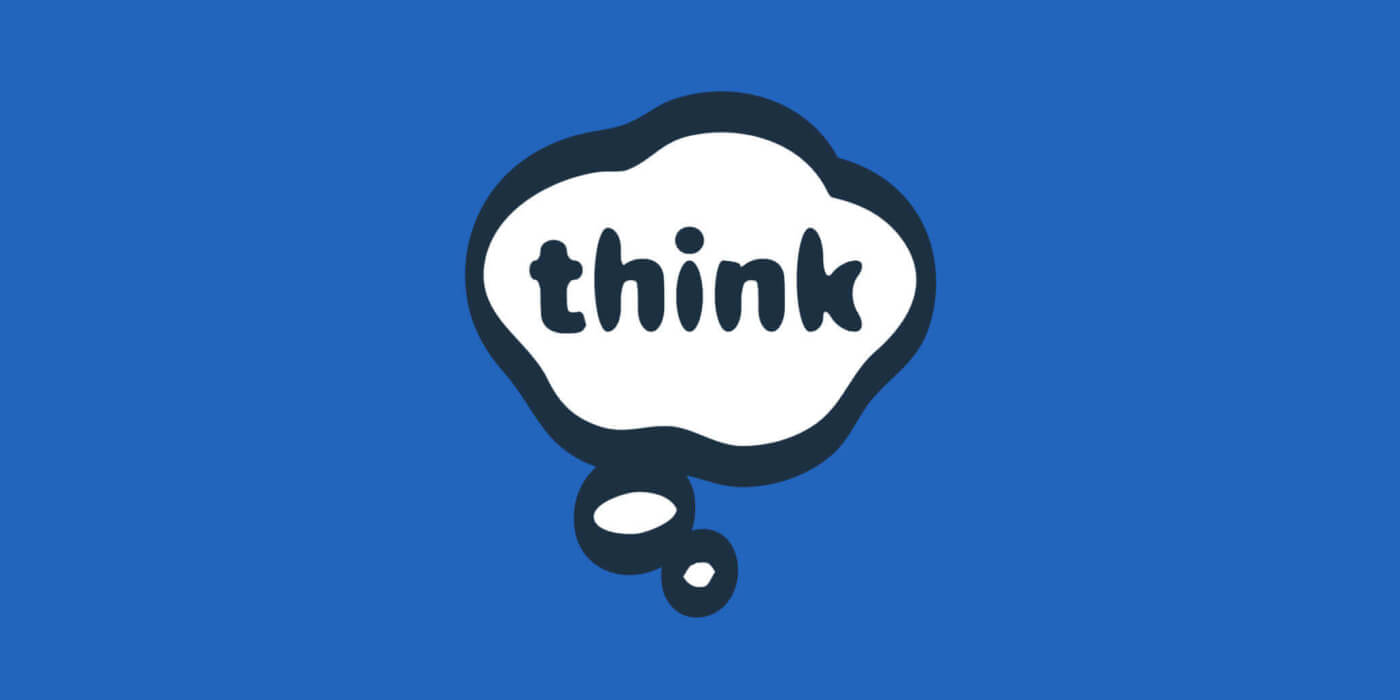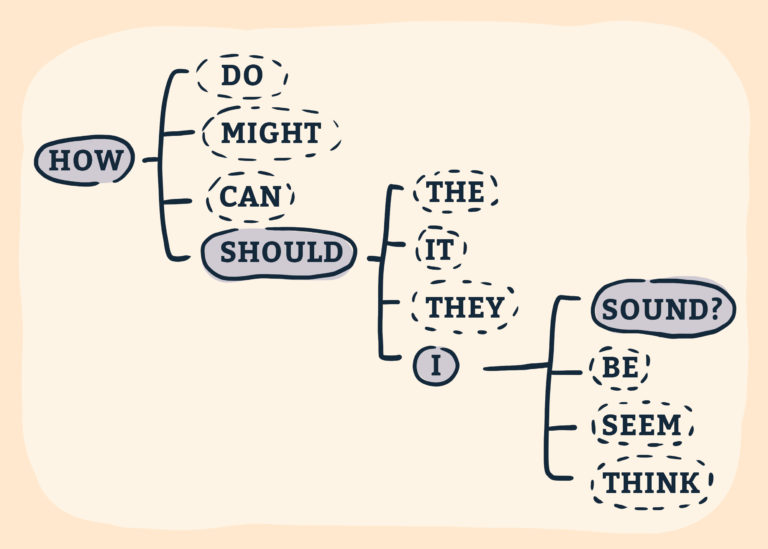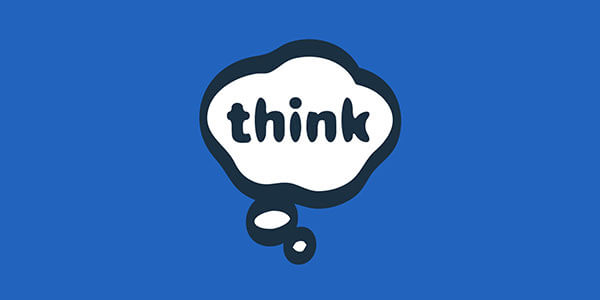Healthcare Informatics Symposium Observations

While we all love attending workshops and seminars that focus on the field of experience design, it’s far too easy to never leave our comfortable little bubble. That’s one reason my colleague Meg Rye and I recently attended the 7th Annual Mid-Atlantic Healthcare Informatics Symposium here in Philadelphia. Meg and I had a chance to see what kinds of problems the healthcare industry is working through as we transition to a world of big data, the ACA, and electronic medical records. Getting out there and seeing how some of the top thinkers (in any industry) are addressing their pressing issues can be incredibly eye-opening for a designer who makes their living diving into other people’s complex problems. Here’s a quick accounting of a few that stuck with me.

The Changing Model of Healthcare
The healthcare industry wants to move from an emergent care model to a preventative care one. Providing patients with the access and tools to monitor their own health is a key piece of this transition. That means creating experiences that clarify and illuminate what can often be complex and confusing data — what has previously been the domain of people with years of training. It will be up to designers like us to bridge that gap between expertise and patient usability.
Data Interoperability
Like all industries moving away from closed systems, the healthcare industry has a huge challenge in data interoperability. On the plus side, there are many smart people working at local, state, and national levels to establish standards. Disconcertingly, there are also legislative roadblocks to a truely interoperable system, as nobody will define a unique patient identifier system. We can work to improve the experience of these individual systems piecemeal, but the holistic healthcare experience won’t be improved until you truly own your personal data and have faith that it will follow you reliably.
Change Agents
There are a ton of great folks out there creating ways for you to take charge of your own health — people with medical backgrounds and problem-solving minds like Eric King of Grand Round Table and Shiv Gaglani of Osmosis. One has to think that it’s these people who’ll change the healthcare industry through massive disruption, rather than waiting for it to happen from the top down.
Personally, I’m excited to be part of a company and industry that can contribute to these challenges. If you’re a follower of this blog or Think Brownstone in general, you know we’re not afraid of the big issues and believe our approach brings value to almost any industry, but in healthcare in particular, I believe there’s a special confluence of both need and societal impact that makes for some truly rewarding work.



